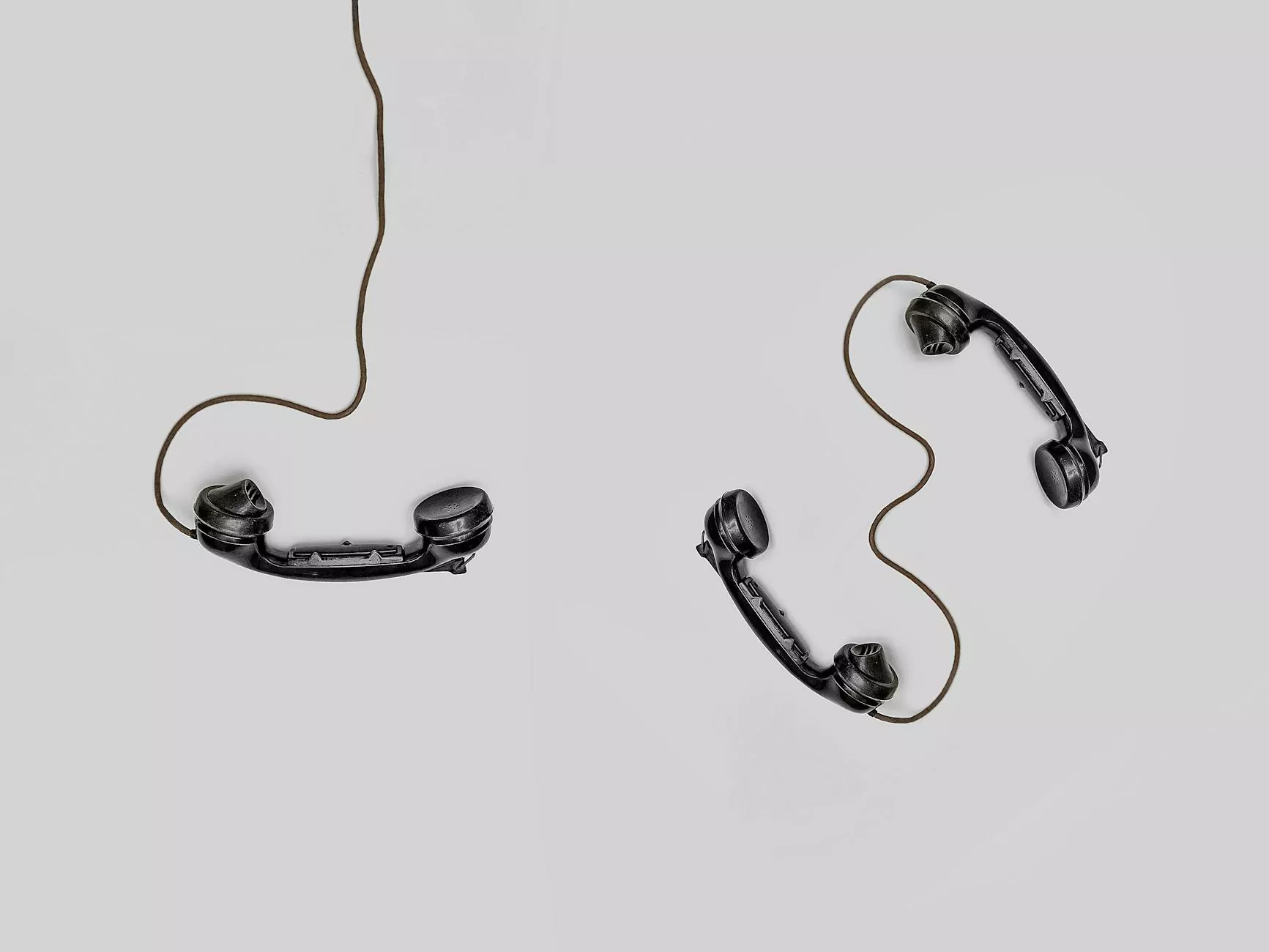T3 T4 Spinal Cord Injury Symptoms: A Comprehensive Guide

Understanding spinal cord injuries (SCIs) is crucial for anyone working in the healthcare sector, especially in areas related to health and medical professions such as chiropractors and physical therapy. This article aims to provide an in-depth analysis of the specific symptoms associated with T3 T4 spinal cord injuries, as well as insights into their management and treatment.
What is a Spinal Cord Injury?
A spinal cord injury is a serious medical condition that affects the spinal cord's ability to transmit nerve signals between the brain and the rest of the body. Depending on the location and severity of the injury, the effects can range from minor discomfort to complete paralysis.
Understanding T3 T4 Spinal Cord Injuries
T3 and T4 refer to the thoracic segments of the spinal cord located in the upper back region. Injuries to these segments can have profound effects on the body, as they influence the upper body's function and can affect the lower body as well.
Symptoms of T3 T4 Spinal Cord Injuries
When dealing with T3 T4 spinal cord injury symptoms, several physical and neurological effects can manifest, which include but are not limited to:
- Muscle Weakness: Individuals may experience weakness in their chest, abdomen, or lower limbs.
- Loss of Sensation: There may be a significant loss of sensation below the level of injury, impacting the ability to feel touch, pain, or temperature.
- Impaired Respiration: Injuries in this region can potentially affect respiratory muscles, resulting in breathing complications.
- Altered Reflexes: Hyperactive reflexes may occur, while voluntary movements could be diminished.
- Autonomic Dysreflexia: This potentially life-threatening condition involves an inappropriate autonomic response to stimuli, which can cause severe hypertension.
- Bladder and Bowel Dysfunction: The ability to control bladder and bowel movements may be severely affected.
- Sexual Dysfunction: Many individuals experience changes in sexual function following T3 T4 injuries.
- Difficulty with Thermoregulation: The body's ability to regulate temperature may become impaired.
The Impact of T3 T4 Spinal Cord Injuries
The ramifications of these injuries are extensive and often life-altering. Affected individuals may face challenges not only in achieving mobility but also in accessing everyday activities that most take for granted.
Physical Limitations
Because the T3 and T4 vertebrae control various major muscles in the body, injuries here can lead to challenges with balance, coordination, and fine motor tasks. Depending on the severity, some patients may require assistance or adaptive devices.
Emotional and Psychological Effects
Adjustment to life after a spinal cord injury is also a significant hurdle. Patients may experience feelings of depression, anxiety, and frustration as they adapt to their new way of life. The importance of psychological support cannot be overstated in facilitating recovery.
Diagnosis of T3 T4 Spinal Cord Injuries
Diagnosing a spinal cord injury typically involves a combination of the following:
- Medical History Review: Understanding the circumstances that led to the injury.
- Neurological Examination: Tests to assess motor and sensory function.
- Imaging Techniques: MRI or CT scans can provide detailed images of the spine and brain.
Treatment Options and Management
The management of T3 T4 spinal cord injuries often requires a multidisciplinary approach, including chiropractic care, physical therapy, and sometimes surgical interventions. Here are some key treatment strategies:
Physical Therapy and Rehabilitation
Physical therapy plays a crucial role in recovery after spinal cord injuries. A tailored therapy program can help restore as much function as possible, improve strength, and facilitate independence. Strategies may include:
- Strength Training: Exercises targeting the upper body and core.
- Mobility Training: Techniques to assist with walking, balance, and sitting.
- Patient and Family Education: Teaching strategies to manage daily tasks and emotional health.
Chiropractic Care
In the context of spinal injuries, chiropractors can offer complementary therapies to alleviate pain and facilitate healing. This may include:
- Spinal Manipulation: To improve spinal alignment and mobility.
- Soft Tissue Therapies: Techniques to decrease muscle tension and improve recovery.
- Exercise Recommendations: Personalized stretches and exercises to support rehabilitation.
Living with T3 T4 Spinal Cord Injury
The journey of living with a spinal cord injury can be overwhelming, but many resources and support networks are available to help navigate daily challenges. Survivors often find strength in connecting with others facing similar situations, participating in support groups, and engaging in adaptive sports.
Support and Resources
Numerous organizations offer resources, advocacy, and support for spinal cord injury survivors. Some valuable resources include:
- Spinal Cord Injury Associations: Nonprofits that provide education and assistance.
- Rehabilitation Centers: Facilities for specialized therapy and recovery programs.
- Online Forums: Communities where patients can share experiences and support each other.
Conclusion: Empowering Recovery and Quality of Life
Understanding the symptoms associated with T3 T4 spinal cord injuries is essential for effective treatment and support. With comprehensive management, including physical therapy and chiropractic care, many individuals can lead fulfilling lives despite the challenges they face. Recovery is a journey that requires patience, resilience, and the right support system.
By educating ourselves and fostering a supportive environment, we can help those affected navigate their challenges successfully.
Call to Action
If you or a loved one is dealing with a spinal cord injury, consider consulting with healthcare professionals who specialize in chiropractic care and physical therapy. Your journey to recovery starts with the right information and support!









